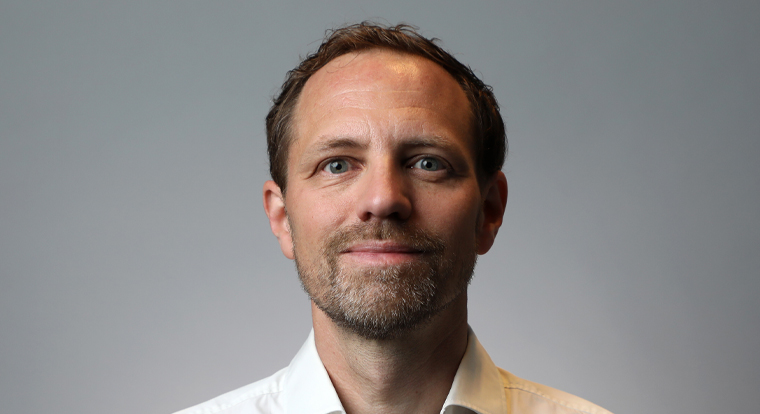Record Turnout for SW Informatics Network
- 28 July 2003
A record turnout for the NHS South West Informatics Learning Network’s annual conference was attributed by organisers to a rising general level of interest in NHS IT – and an understandable curiosity about future plans for the region following the cancellation of the Shires and Pan Bristol electronic records procurements.
The cancellations, reported in May, came after a painstaking three year procurement process and were said to have left many of the people involved “still reeling”. The decision came after the National Programme for IT (NPfIT) in the NHS made clear it would not provide funding for projects deemed outside the scope of the National Programme, and that “no special cases” would be permitted.
The area covered by the Shires and Pan Bristol procurements is now part of the NPfIT’s Southern Cluster, an area stretching 350 miles from Margate in the south east down to Penzance and the Isles of Scilly on the south western tip of England.
Steve Jones, a consultant surgeon at Taunton and Somerset NHS Trust who was lead clinician for the Shires Consortium and is now an evaluator for the NPfIT, reviewed the Shires Consortium’s work and reflected that the Shires Consortium had left a legacy that included:
• clinical and technical expertise,
• clinical and technical networks,
• an output-based specification that was detailed, accurate and well-honed,
• trusts ready to move forward.
Comparing the National Programme and the Shires Consortium’s plan, Mr Jones said the differences were not huge. One difference he did point out, however, was that the Shires Consortium had secured strong clinical engagement at every level – something that is an intention for the NPfIT at present.
Conference chairman, Roy Lilley, voiced confidence in the ability of the NHS IT director-general Richard Granger to deliver the NPfIT. “Health IT has had more targets than a shooting gallery and more pilots than easyJet, but this guy is going to deliver it,” he said.
Other speakers at the conference delivered a “smorgasbord” of presentations on subjects including the new NHS University’s ePlatform, electronic staff recruitment, the European Computer Driving Licence and e-prescribing. Linda Davidson from E-Health Media spoke about web content, offering “10 Tips for Great Web Content”.
Project manager for the South West Informatics Learning Network, Daniel McCarthy, said the event’s popularity reflected a general level of interest in developments at every level in the health service.
”We are reflecting the fact that this is a subject area that impacts on everyone regardless of the job they are in or the responsibility they hold.”




